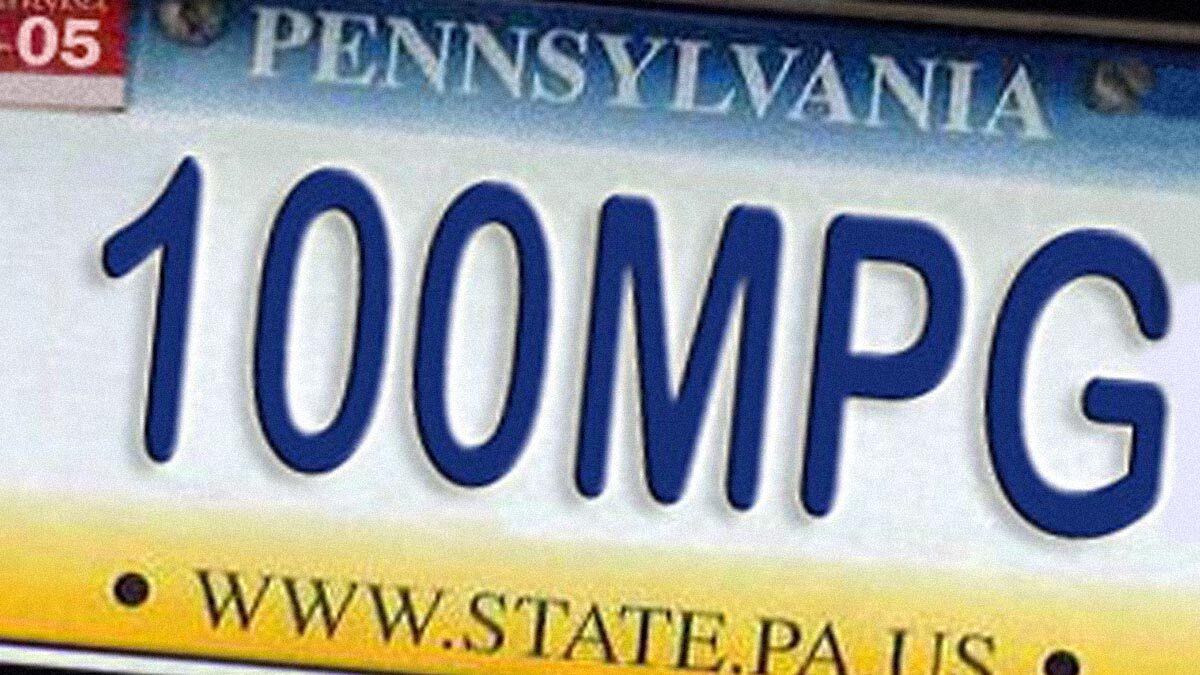People testing plug-in hybrids have reported getting fuel economy of 100 miles per gallon, and plug-in hybrid electric vehicles, or PHEVs, have the potential to reach fuel economy levels of 250 to 500 miles per gallon when ethanol or other alternative fuels are also used, with fuel economy figures at about 80 to 100 miles per gallon for normal commuting. (Source: Calcars.org)
Keystone Hybrid is a web site sponsored by State Representative. Mark Cohen to promote in general the use of hybrids cars within Pennsylvania and to specifically target the development of plug in hybrid electric vehicles for consumer, commercial and government use.
Plug in hybrid electric vehicles would be very similar to the Toyota Prius’ and Ford Hybrid Escapes that you see today. They would need two changes to be viable:
1.) Greater range, ergo more battery capacity, and 2.) the ability to plug into an outlet and charge overnight.
With a larger battery, these vehicles could be charged overnight and have the first 10 to 30 miles be primarily powered by electricity. Since a great number of Pennsylvanians drive less than 30 miles to work each day, it would be possible that their gasoline usage could be significantly reduced. We estimate the substitute cost in electricity would be around $1 per gallon or less.
So far, Plugin hybrids have been made by converting existing Prius cars and by University of California, Davis engineering professor Andy Frank who has built seven plug in hybrids. Converted from non-hybrids, they have included a Ford Taurus, Explorer and a Chevrolet Suburban, with some of these vehicles reaching 250 mpg.
Most people don’t have the time or money to convert their vehicles today and it is not cost effective to individually convert every car to plug in hybrids. But mass produced plug in hybrids would significantly lower the costs of these types of cars.
The goal of this web site and the proposed legislation is supporting discussion and debate about plug in hybrids, demonstrating their effectiveness and encouraging our car companies to mass produce these vehicles.
Pennsylvania currently has a surplus of electricity generation and actually exports it to our neighbors. Plug in hybrids could be charged at night when generally wholesale power rates are at their lowest. Plug in hybrids raise the prospect for commuters of putting gasoline in their car only once a month. However, in case one wants to drive cross country or not plug in their car, a plug in hybrid would still operate efficiently on gasoline.
Post Facto: Well, we got one right. Plugin Hybrids and straight electrics became a reality. The Toyota Prius is an incredibly successful car. The Nissan Leaf, an electric would compete in the space and many other automakers have done so as well. Honda, BMW, and of course Tesla in 2021 are enjoying great popularity. Chevy’s Volt and newer Bolts are excellent hybrids and Ford has many entries as well, including the 2021 Mustang.
